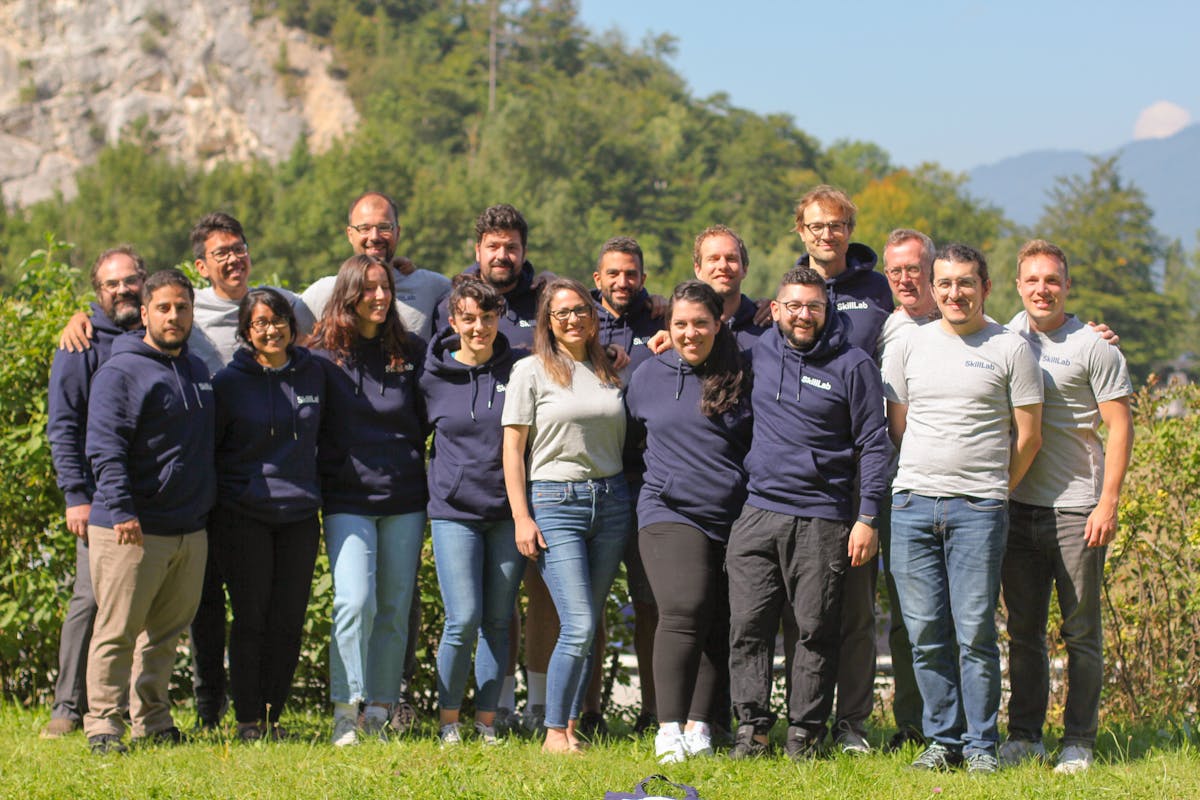SkillLab Life: Three Tips for your Job Application
At SkillLab, we envision a world where everyone has a pathway to employment. Through our skill profiling solution, we empower people to turn their skills into careers.
As an employer, we also want to put our vision into practice. Read this blogpost to get three tips for your job application at SkillLab. Even if you are not interested in SkillLab, these insights will be useful to apply for any job.
→ Check our open job postings
(1) Understand our product and what we do
Lack of preparation remains the number one reason why we have to reject job applications at SkillLab.
Through LinkedIn and other job portals you can apply for jobs with the click of a button. This makes it easy for you to apply for a job. However, it also creates the risk that you apply for a job for which you have a bad fit.
Before applying at SkillLab, please:
- Take few minutes to browse our website to better understand our mission, product, and team
- Take the time to read the job posting and understand what we are looking for.
(2) Ask yourself why you would be excited to work at SkillLab
We often get vague, short or generic answers to the questions that we ask in our job application form.
You can stand out from the crowd, by taking the time to reflect:
- What excites me to work at SkillLab, compared to other companies?
- How do I relate to SkillLab’s vision of creating pathways to employment for everyone?
- How do my experiences prepare me to meet the requirements for the role?
Answering these questions allows you to craft a stronger job application.
(3) Practice some commonly asked behavioral questions
Behavior-based interviewing is a technique used in which the job candidate has the opportunity to demonstrate their potential for succeeding in the new job by providing specific examples of how they handled similar situations based on their past experience.
- Search online for “behavior-based interview questions” and write down the top questions you think you’ll get. For every question on your list, write down your answer. That will help them stick in your brain.
- Everyone gets better with practice. Practice your interview answers—out loud—until you can tell each story clearly and concisely.
- Many of the questions will be deliberately open-ended. We’re looking to see how you engage with the problem and your primary method for solving it. Be sure to talk through your thought process and feel free to ask specific questions if you need clarification.

Tell us why you are excited to join this team!